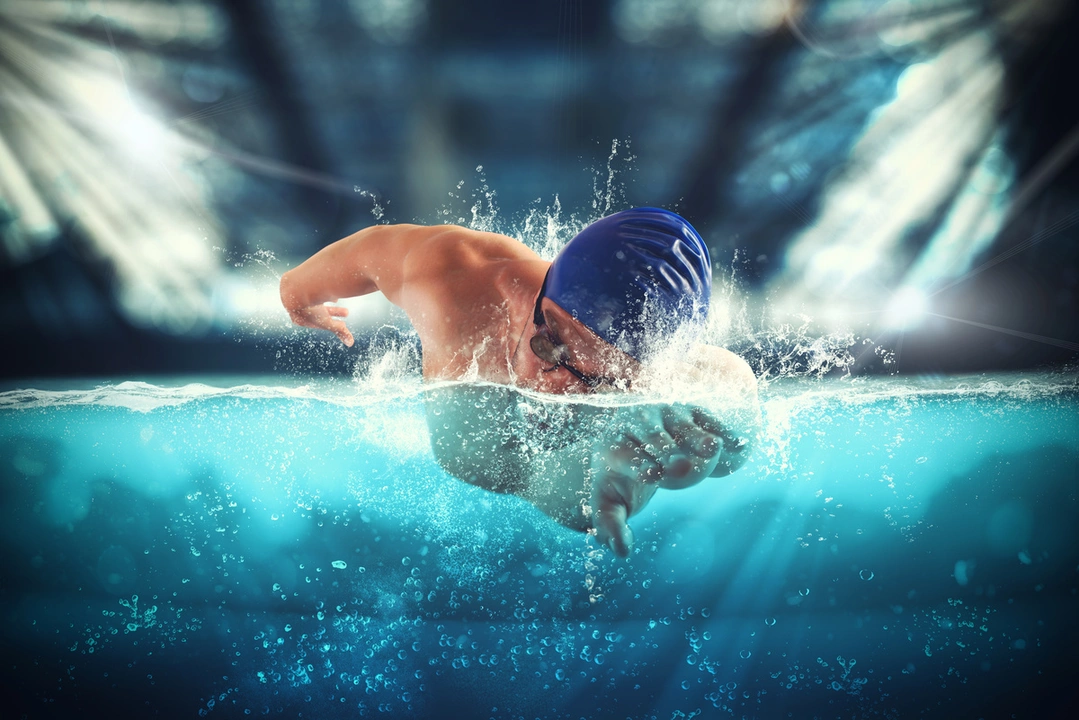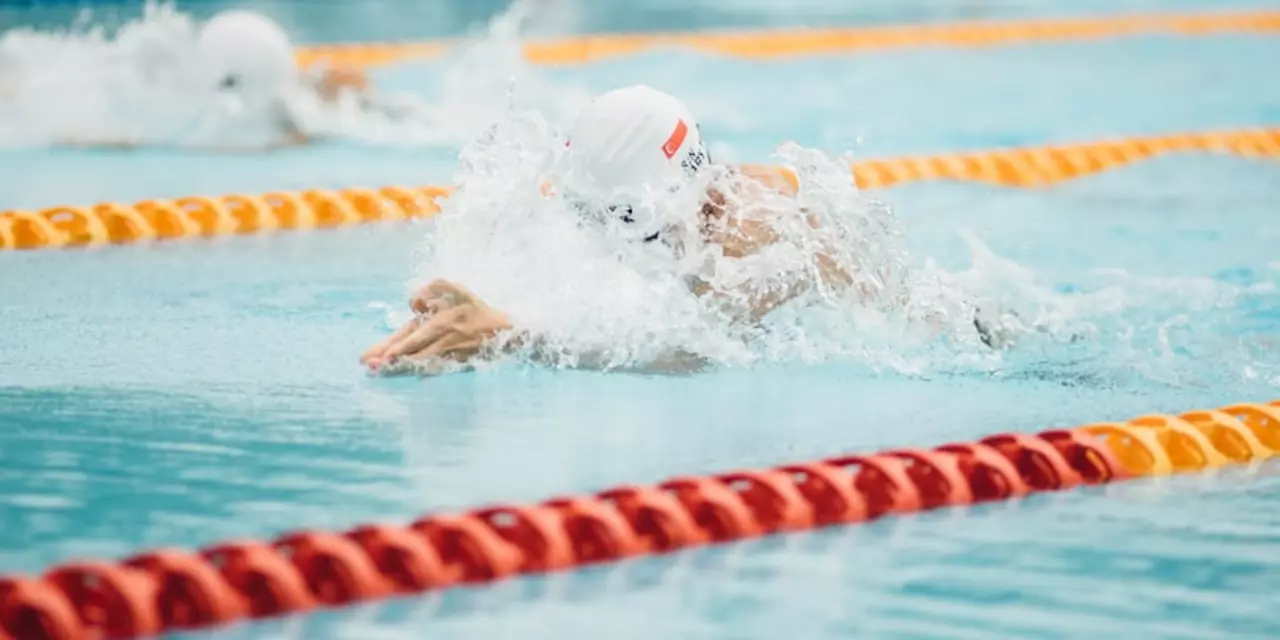Swimming: Find Clubs, Lessons, and Tips Right Here
Looking for a place to swim, learn, or train? You’re in the right spot. On this page we pull together everything you need to start or improve your swimming journey – from local clubs to quick tricks that make every lap easier.
How to Choose the Right Swimming Club
First thing you’ll want to ask is what kind of swim you enjoy. Do you prefer open water races, lane swimming for fitness, or teaching kids? Once you know that, check a few basics:
- Location: A club close to home or work means you’re more likely to stick with it. Use the club finder on our site to filter by city.
- Facilities: Look for clean pools, changing rooms, and maybe a warm‑up area. If you love open water, see if the club runs lake or sea sessions.
- Coaching level: Beginners need certified trainers. Advanced swimmers may want a coach with race experience.
- Schedule: Pick a club with sessions that fit your day. Evening classes are great for those who work 9‑5.
Read reviews from members – they often mention the club vibe and how friendly the staff are. A welcoming atmosphere makes learning faster.
Top Tips for Better Swim Sessions
Now that you’ve found a club, here are a few quick tips to get the most out of each swim:
- Set a simple goal. Whether it’s swimming 500 meters without stopping or improving your splash turn, a clear target keeps you motivated.
- Warm up on land. A few arm circles and ankle rolls get the blood moving and reduce cramps.
- Practice breathing. Exhale fully underwater, then turn your head for a quick inhale. Try this while floating on your back first.
- Use proper gear. A snug pair of goggles with anti‑fog coating saves you from squinting. If you swim cold water, a thin wetsuit helps.
- Stay consistent. Even 30 minutes twice a week beats occasional long sessions. Mark your calendar and treat the swim like any other appointment.
Feeling stuck? Ask your coach for a drill that focuses on the part you find hardest – like a flutter kick or a smooth pull. Small adjustments add up fast.
Finally, join the community side of swimming. Share your progress on our forum, attend club social meets, or sign up for a local open water event. The more you connect, the more fun the sport becomes.
Ready to get started? Browse the club listings below, pick a class that matches your level, and jump into the water. You’ll be surprised how quickly confidence builds when you have the right support and a clear plan.

How many medals can an Olympic athlete win in swimming?
In the Olympics, a swimmer has the potential to win a surprising number of medals. The total depends on how many events they participate in and of course, how well they perform. Individual swimmers can participate in up to seven different events, which means they potentially have seven opportunities to win a medal. However, when you add relay races into the mix, this number can increase even further. So, theoretically, an Olympic swimmer can win quite a lot of medals, provided they're at the top of their game!

Is it worth learning how to swim if you're never around water?
Swimming is a valuable skill that can bring many benefits to your life. Learning how to swim can help you stay safe and enjoy yourself in any aquatic environment. It can also be a great form of exercise and can even be used for leisure activities like fishing or paddle-boarding. However, if you live in an area where access to water is limited, it may not be worth it to learn to swim. Consider the benefits of learning to swim and decide if it is worth it for you.

How do I make a swimming goggle fog free?
Swimming goggles can become foggy while swimming due to the temperature difference between the water and the air. To prevent the fogging, the goggles should be treated with an anti-fog solution, such as a baby shampoo and warm water mixture or a commercial anti-fog solution, and then rinsed thoroughly. Additionally, swimmers should apply a thin coat of saliva or a commercial anti-fog solution to the inside of the lenses before each swim. The lenses should also be rinsed with a stream of water after each use. Lastly, the goggles should be stored in a cool and dry place when not in use.

Can I get fit just by swimming?
Swimming is an excellent way to get fit and stay healthy. It is a low-impact form of exercise that can provide a full-body workout, as well as many other benefits. Swimming can improve your cardiovascular fitness, strengthen and tone your muscles, and help you to lose weight. It is also a great way to relax and de-stress. With regular swimming and a healthy diet, you can see significant progress in your overall fitness and health.

Do you worry about sharks when you swim in the ocean?
The article explores the fear many people have of sharks when swimming in the ocean. It looks at the statistics and research that indicates that this fear is unfounded and that the chances of being attacked by a shark are incredibly small. It also looks at how most shark species are not dangerous to humans and how the ocean can be a wonderful, safe place if we take the proper precautions. The article concludes that while the fear of sharks is understandable, the reality is that it is unlikely that anyone will ever be attacked by a shark.